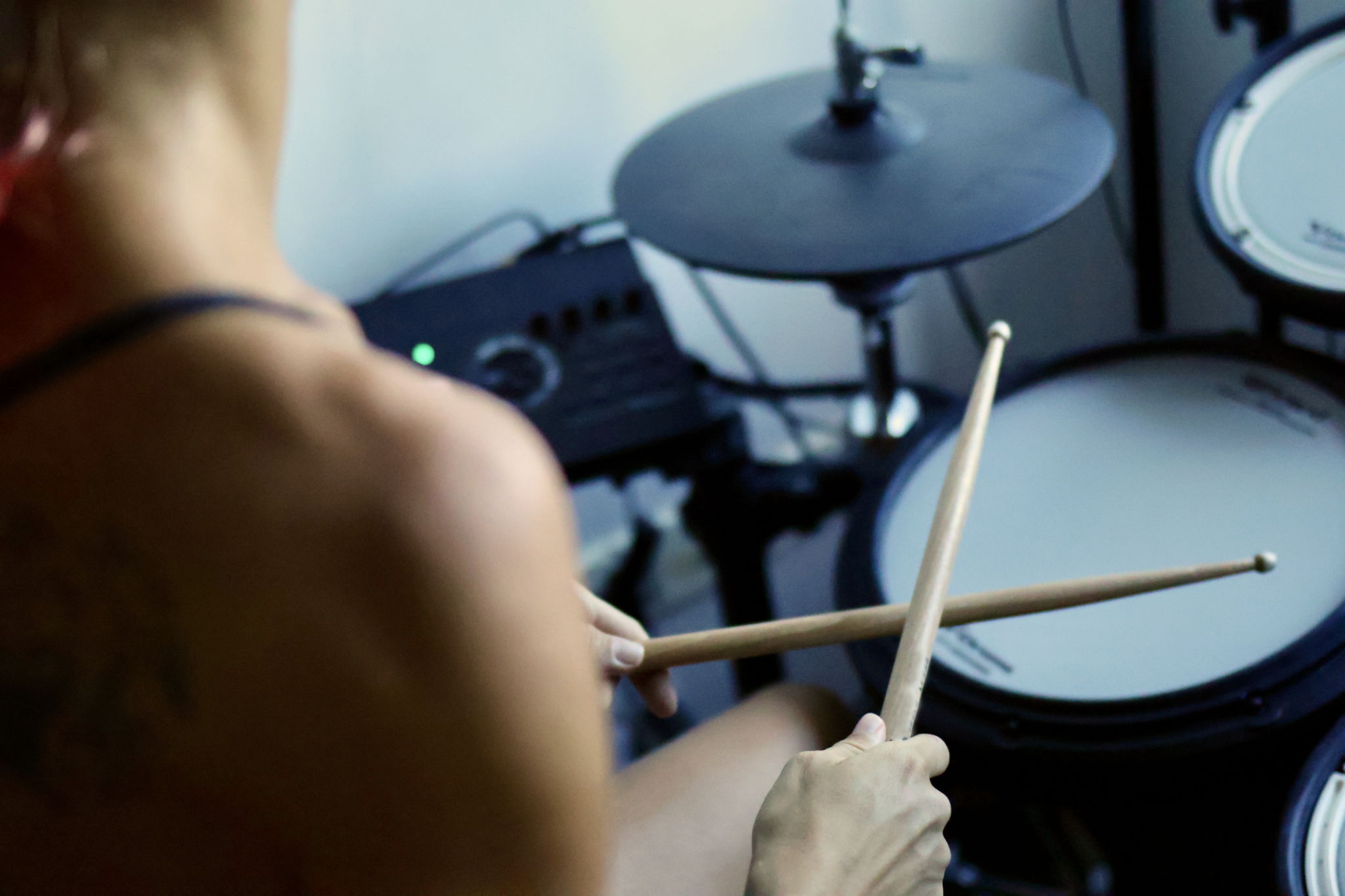Common Mistakes When Learning Jazz Drums and How to Avoid Them
Introduction to Common Mistakes
Learning jazz drums can be a thrilling yet challenging journey for many aspiring musicians. The intricate rhythms and complex improvisations demand both dedication and a keen understanding of various techniques. However, beginners often fall into common pitfalls that can hinder their progress. In this post, we'll explore these mistakes and provide tips on how to avoid them, ensuring a smoother path to jazz drumming proficiency.

Neglecting Proper Technique
One of the most frequent mistakes is overlooking the importance of proper technique. Many beginners focus on speed and complexity rather than mastering the basics. This can lead to bad habits that are hard to break later on. It’s crucial to start with the fundamentals, such as grip, posture, and basic stick control.
To avoid this mistake, invest time in practicing rudiments and basic exercises. Consider taking lessons from a qualified instructor who can provide feedback and guidance. Remember, a solid foundation in technique will make advanced playing much easier.
Ignoring the Importance of Timing
Jazz drumming is all about rhythm and timing, yet many learners fail to develop a strong sense of time. This oversight can result in uneven playing and difficulty keeping up with other musicians. To improve your timing, practice with a metronome regularly. This will help you internalize different tempos and enhance your ability to keep consistent time.

Overlooking the Role of Listening
Another common mistake is not spending enough time listening to jazz music. Listening is an essential part of learning jazz drums, as it exposes you to different styles, rhythms, and improvisations. By immersing yourself in the music, you'll gain a better understanding of how to fit your drumming within a band context.
Create a habit of listening to both classic and contemporary jazz recordings. Try to play along with some tracks to get a feel for the grooves and patterns used by professional drummers.
Focusing Solely on Soloing
While solos can be an exciting aspect of jazz drumming, focusing too much on soloing and not enough on ensemble playing is a mistake. Jazz is fundamentally about interaction and communication within a group. Drummers need to support the band, maintaining rhythm and dynamics.

Balance your practice by dedicating time to both soloing and playing with others. Join a jazz ensemble or participate in jam sessions to develop your ability to play cohesively with other musicians.
Underestimating the Value of Dynamics
Dynamics are a key element in jazz music, adding expression and variation to your playing. Many beginners play at a constant volume, which can make their performance sound monotonous. Pay attention to dynamics by practicing playing softly and loudly, as well as making smooth transitions between different volumes.
Utilize techniques such as accents, ghost notes, and crescendos to enhance your dynamic range. This will make your drumming more expressive and engaging.
Conclusion
Avoiding these common mistakes when learning jazz drums will help you build a strong foundation and enhance your musical journey. By focusing on technique, timing, listening, ensemble playing, and dynamics, you'll develop into a well-rounded jazz drummer capable of contributing meaningfully to any musical setting. Remember, patience and consistent practice are key components of success in mastering the art of jazz drums.
